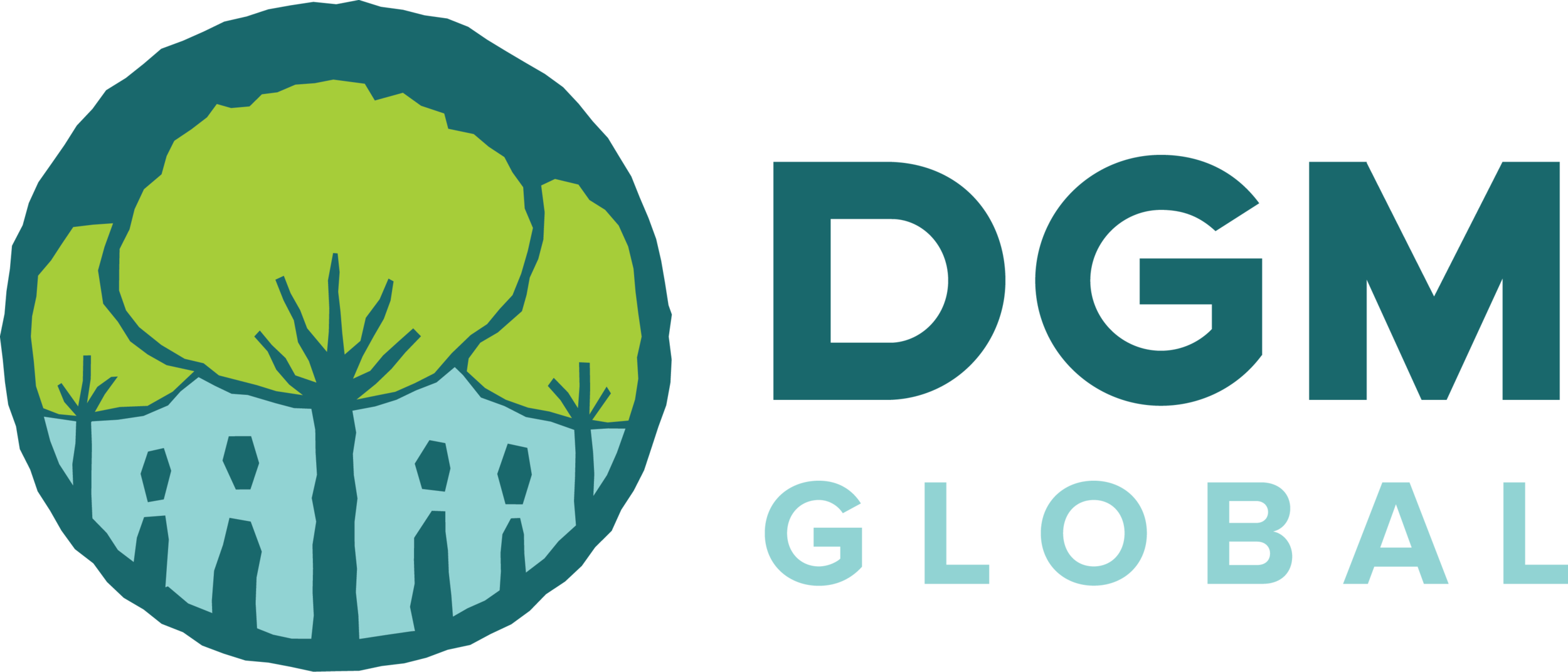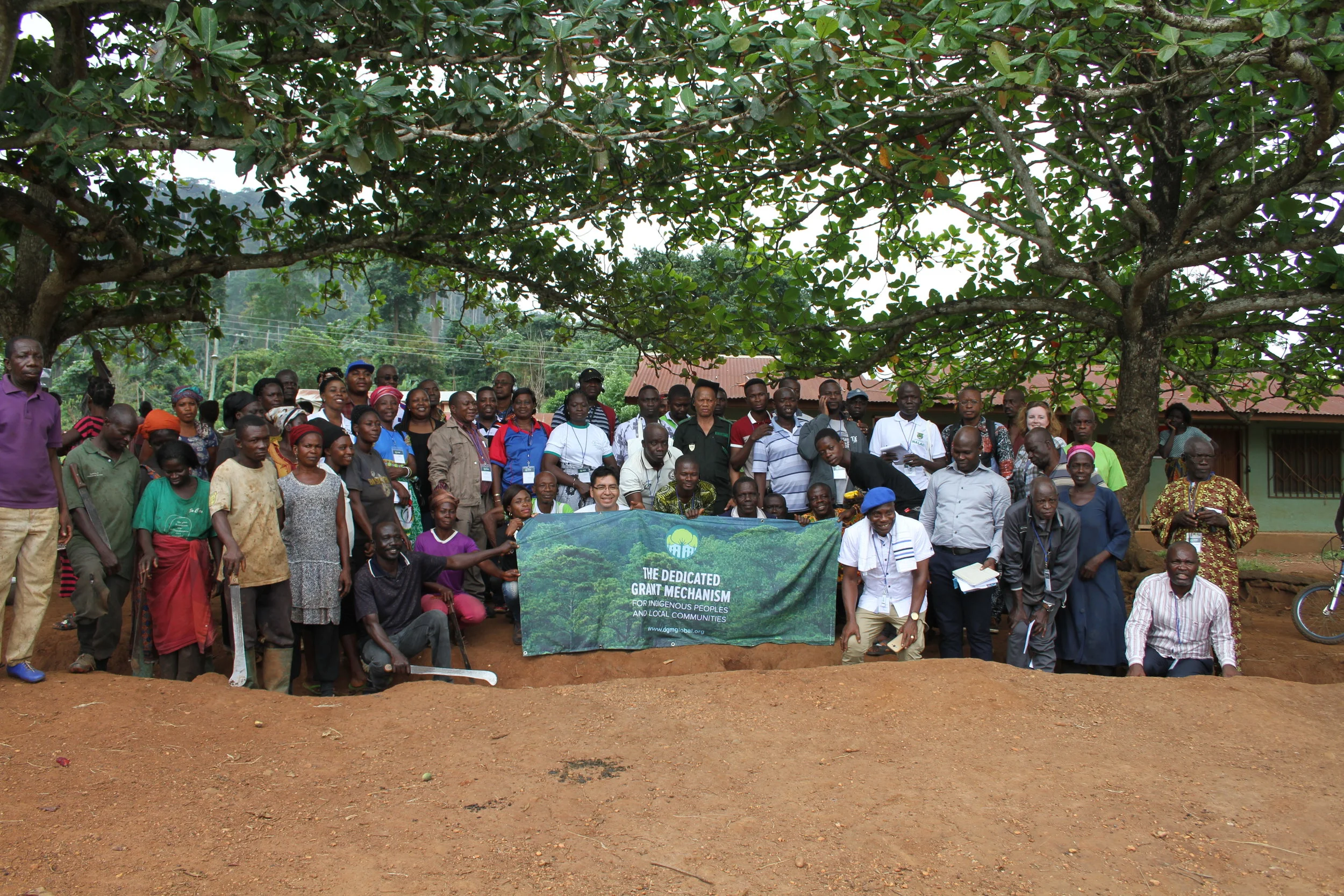2nd Africa Regional Exchange on Agroforestry held in Kumasi, Ghana
DGM Global cannot guarantee the accuracy of Google translations. In case of discrepancies, the original language takes precedence.
2nd Africa Regional Exchange on Agroforestry held in Kumasi, Ghana
After a successful first year of exchanges, the DGM Global Project kicked off the 2nd Africa Regional Exchange in Kumasi, Ghana. The exchange, which was from August 28th- August 31st, 2017, had representation from all of the DGM Africa projects, along with a participant from a DGM project in Nepal to foster cross-regional exchange. We also had community leaders, policy experts, and forest specialists coming from Benin and Burundi, and the indigenous network, International Alliance of Indigenous and Tribal Peoples of the Tropical Forest. This was our largest exchange to date, with 40 participants representing 10 countries.
The design and content ofexchange was planned with input from members of the Global Steering Committee (GSC), and Conservation International as the DGM Global Executing Agency together with Ghana National Executing Agency (NEA) Solidaridad co-facilitated the exchange. The exchange began with an opening ceremony led by DGM Global Steering Committee representative from Ghana, Hayford Duodu, with chiefs invited by our Ghanaian partners. For the rest of the week, the participants discussed challenges and opportunities in their respective countries on topics such as sustainable agroforestry, sustainable livelihoods, land tenure, and linking local initiatives with national and global policy.
Participants had the opportunity to learn about agroforestry, community forest management, and forest restoration efforts in the Western region of Ghana, an area that is one of Ghana’s FIP projects. Because cocoa is the leading driver of deforestation in Ghana, Climate SMART Cocoa is an important model of land and community forest management practices considered in Ghana’s Nationally Determined Contribution (NDC).
For example, FIP’s Climate Smart Cocoa project, in the community of Datano works with communities on sustainable cocoa production to contribute to the increase of carbon stocks and reduction of poverty in non-reserve areas of the High Forest and Transitional Zones. Participants also visited a 10-hectare FIP seed orchard in Kofikrom that cultivates seeds from indigenous trees coming from throughout the region and finalized the field visit in a FIP model plantation located in Yawkrom, which works with the local community to showcase planting designs for growing indigenous trees.
During the final day of the workshop, participants had an opportunity to openly discuss some of the lessons learned during the field trips. There was an extended discussion on women’s roles and independence in communities and field projects and how to ensure acknowledgement of their work roles and contributions. The participants also discussed and provided recommendations on the ruling and implementation of project safeguards and efforts to focus on long-term sustainability of project outcomes.
We look forward to continuing to exchange with some of these participants during the upcoming COP23 in Bonn, Germany.
Workshop participants and community members during field visit to Yawkrom in the Western Region.
Photo credit: Patricia Dunne

